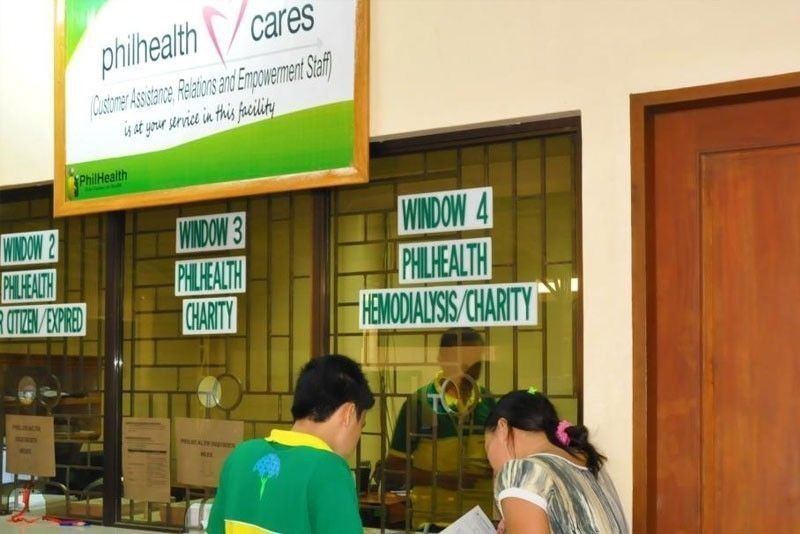DOJ flags 'low, slow' prosecution rate of PhilHealth legal division

MANILA, Philippines — The Department of Justice flagged the "low and slow" prosecution rate of Philippine Health Insurance (PhilHealth) Corp.'s legal division that resulted in thousands administrative cases left pending in its inventory.
In a statement on Thursday, the DOJ said “Task Force PhilHealth” noted "the thousands of cases against erring PhilHealth employees and health care institutions (HCIs) which remain unfiled."
Rodolfo Del Rosario, former PhilHealth senior vice president for the legal sector and who quit his post earlier this week, confirmed that there are “thousands of administrative cases” pending in their inventory. Of these, only 70 have been “processed” and only 50 resulted in issuance of formal charges against employees, the DOJ said.
Del Rosario also noted that there is a case against PhilHealth employees that involves around P2.1 billion.
Task Force PhilHeath held another investigative hearing on Wednesday, DOJ Undersecretary Markk Perete said. Justice Secretary Menardo Guevarra earlier said that the state insurer's legal sector is "ripe with irregularities."
RELATED: DOJ: PhilHealth exec says current IT system cannot detect fraudulent claims
Perete said that Del Rosario also told the panel that there are some 1,700 cases involved HCIs, but only 1,003 cases have been endorsed for filing of criminal complaints by regional offices.
To date, only 11 criminal complaints were filed.
“Losses related to cases involving HCIs—which include fraudulent claims—were estimated at around P4.7-billion,” Perete added.
He also noted that the Governance Commission for Government-Owned-and-Controlled Corporations gave PhilHealth’s legal sector zero rating in its 2017 and 2018 evaluations due to the delays in filing of cases.
Del Rosario however explained that PhilHealth management policy “favored settlement over prosecution of cases so as not to dampen esprit de corps.” He also told the task force that there are supposed “limitations in resources of regional offices” that prevent them from promptly filing criminal complaints against HCIs.
Resignation won’t spare officials from liability
Guevarra, for his part, said that former employees of PhilHealth may still be held criminally liable if the investigation showed that they committed felony.
“Any resigned, retired, or dismissed public officer may still be held liable for any felonious or criminal act or omission committed during his/her tenure in office,” he said.
“Termination of service, except by death, is not a mode of extinguishing criminal liability under our penal code and criminal statutes,” Guevarra added.
The Palace announced Thursday that President Rodrigo Duterte accepted the resignation of PhilHealth CEO and President Ricardo Morales who stepped down from his post citing health reasons.
Guevarra said that while they are aware that their resource persons from the state insurer are not telling them what they “ought to know,” he remains hopeful that they will be able to file complaints at the end of the probe.
“At the end of this investigation, we hope to be able to build up enough cases against persons responsible for the PhilHealth mess, whether or not they continue to be in PhilHealth’s employ,” he added.
The Guevarra-led Task Force PhilHealth is expected to submit a report to the Office of the President early in September on recommended legal actions against erring officials of the state insurer.
- Latest
- Trending































